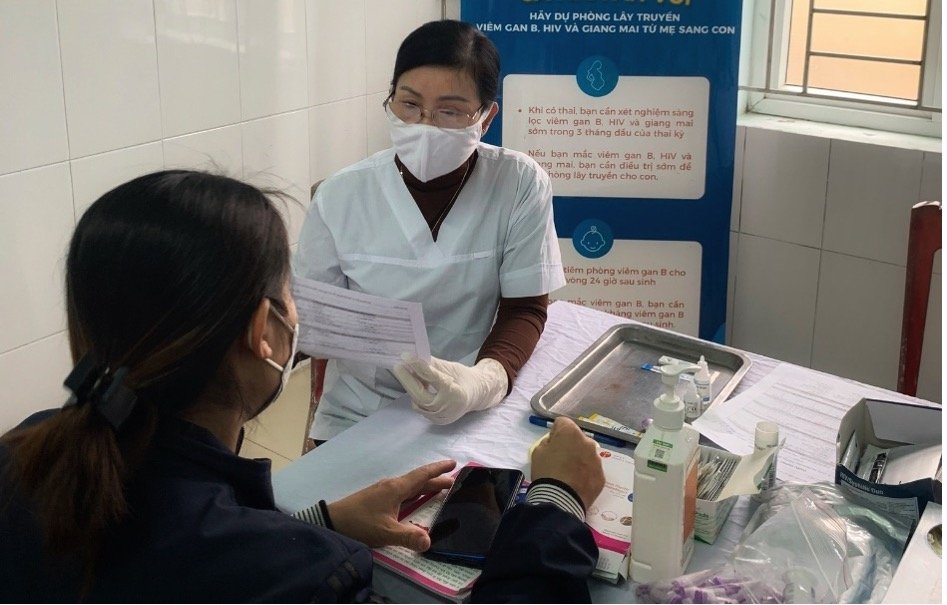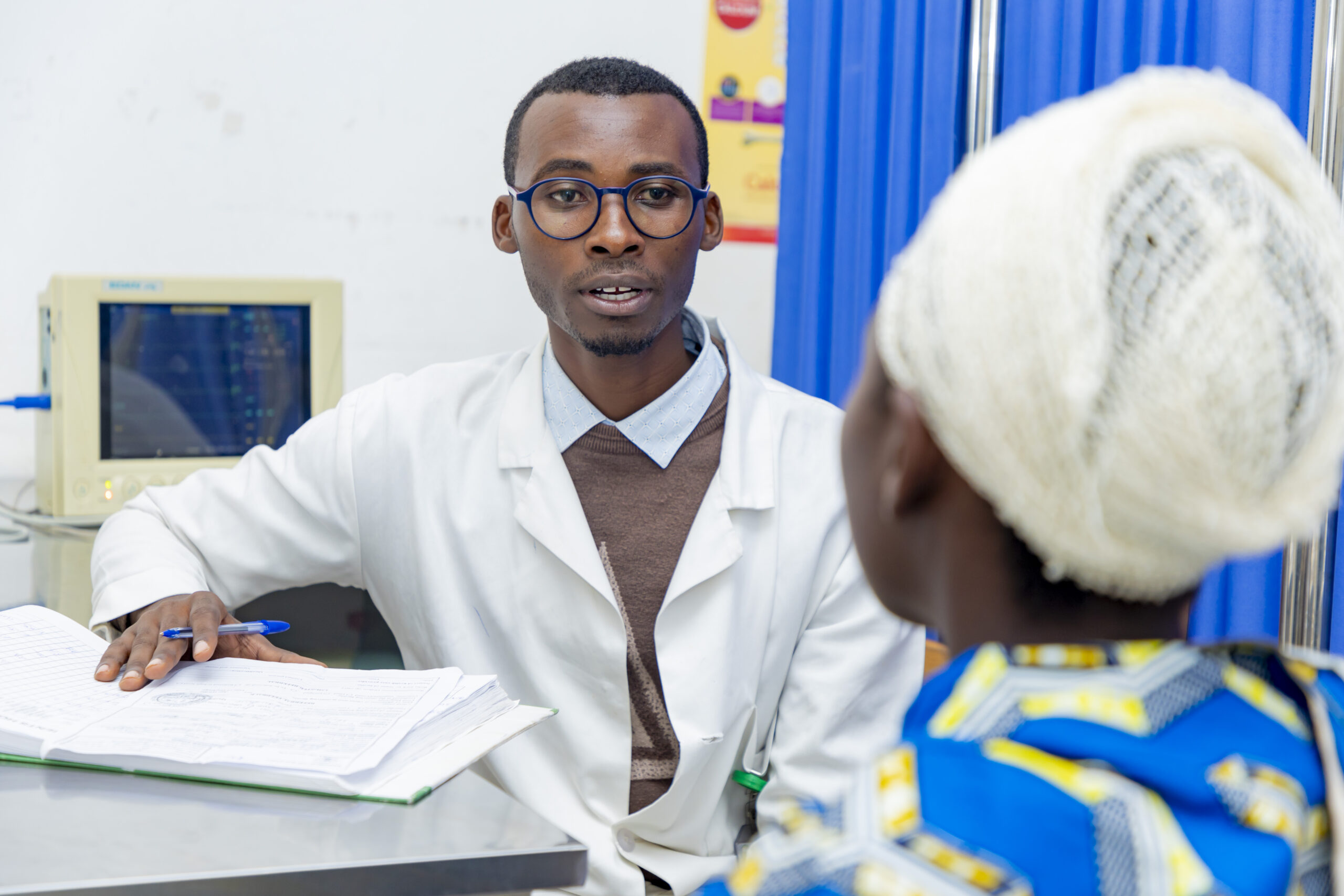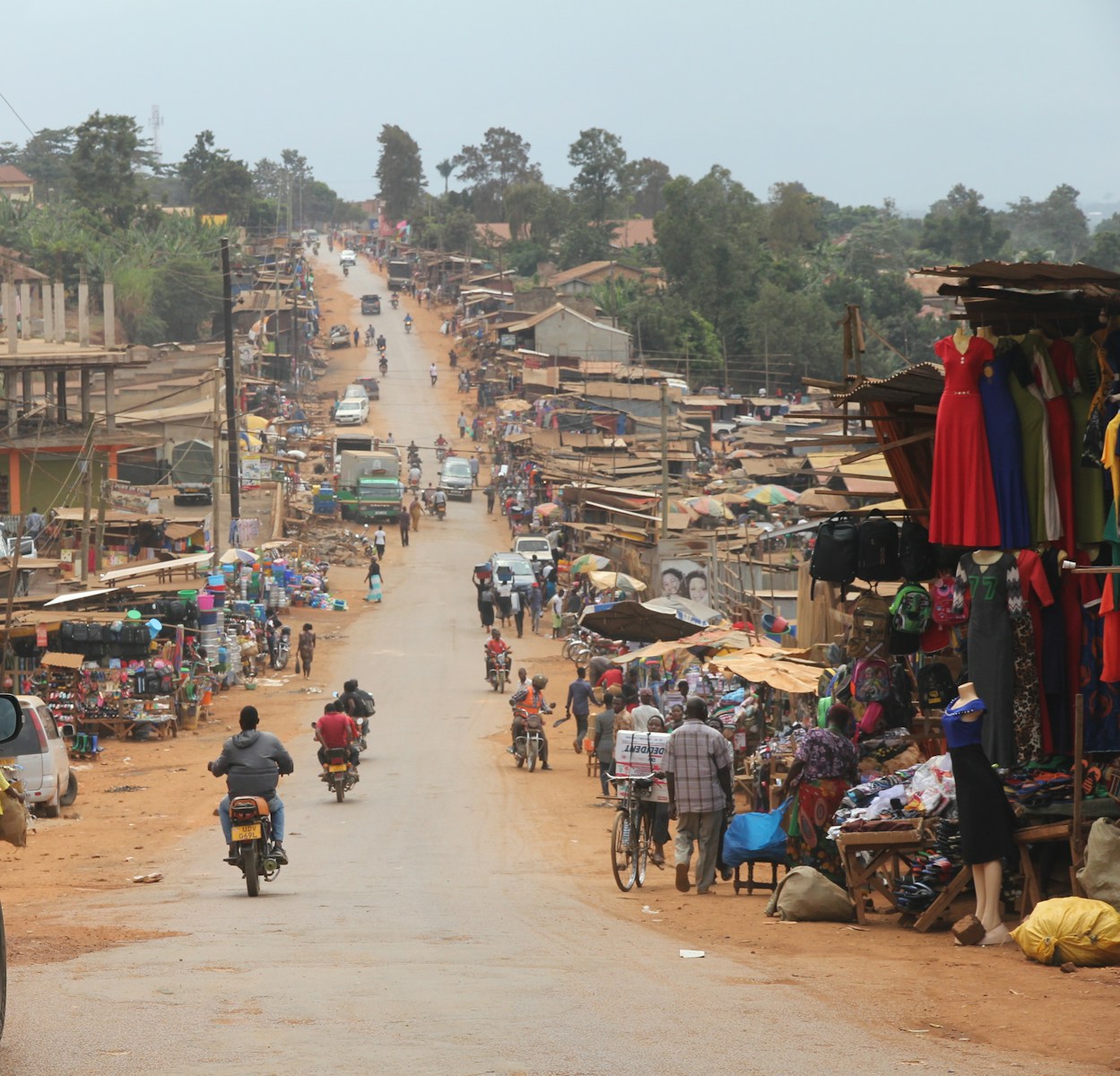Jawad is a 42-year old prima school teacher. He lives in the small village of Qadirpur, in Multan, Pakistan, with his wife and two young children. In November 2021, an unexpected health scare turned his life upside down. It all began when Jawad sought medical help at the nearby RHC due to persistent indigestion and heartburn. Little did he know that this visit would lead him to face his biggest fear – a possible hepatitis C diagnosis. Reluctant at first, he was eventually persuaded by the RHC staff to undergo a rapid test for hepatitis infection.
The rapid test indicated a reactive response, raising concerns about a potential hepatitis C diagnosis. Fear gripped Jawad’s heart, but he agreed to undergo a confirmatory test at the provincial level laboratory.
After three weeks, the test results arrived via a mobile message. They revealed that Jawad was indeed suffering from hepatitis C. Though alarming news, the doctor reassured him that the prescribed treatment had an excellent success rate, with minimal side effects.
One of Jawad’s major concerns was the cost of the treatment, as he knew it could have severe financial implications for his family. However, the RHC staff informed him that the treatment would be fully funded through public sources. This meant that Jawad could focus on his recovery without the burden of expensive medical bills.
With determination, he embarked on a six-month treatment regimen. He followed the prescribed medication, and to his relief, he experienced no adverse side effects during the entire duration. Additionally, he had to make five monthly follow-up visits, ensuring his progress was closely monitored.
Upon completing the six-month treatment, Jawad underwent another test to ascertain the effectiveness of his healing journey. He was declared hepatitis C-free.
Reflecting on his journey, Jawad expressed profound gratitude for the public-funded treatment that saved him and his family from any potential undesirable social or economic consequences. He now advocates for regular health check-ups and encourages others to overcome their fears, knowing that with early detection and proper treatment, they too can conquer any health challenge.
Grant
Decentralized Hepatitis C care in Punjab
Grantee: Association for Social Development Pakistan (ASD)
As part of this project, from 2020 to 2022, more than 78,000 individuals vulnerable to viral hepatitis were screened at the primary healthcare level in Punjab: 39% of the tests came back positive.
After confirmatory testing, almost 11,000 of the screened people received programme-supported HCV treatment at rural healthcare centres (RHCs).
Decentralization of care – to get closer to people vulnerable to viral hepatitis – was a key aspect of the project: 461 basic health units got enabled and engaged in HCV rapid testing and were referred for care at RHCs.
The integrated hepatitis C test-treat-prevent care intervention was adapted and piloted at 48 rural health centres in six selected districts of Punjab province in Pakistan.


